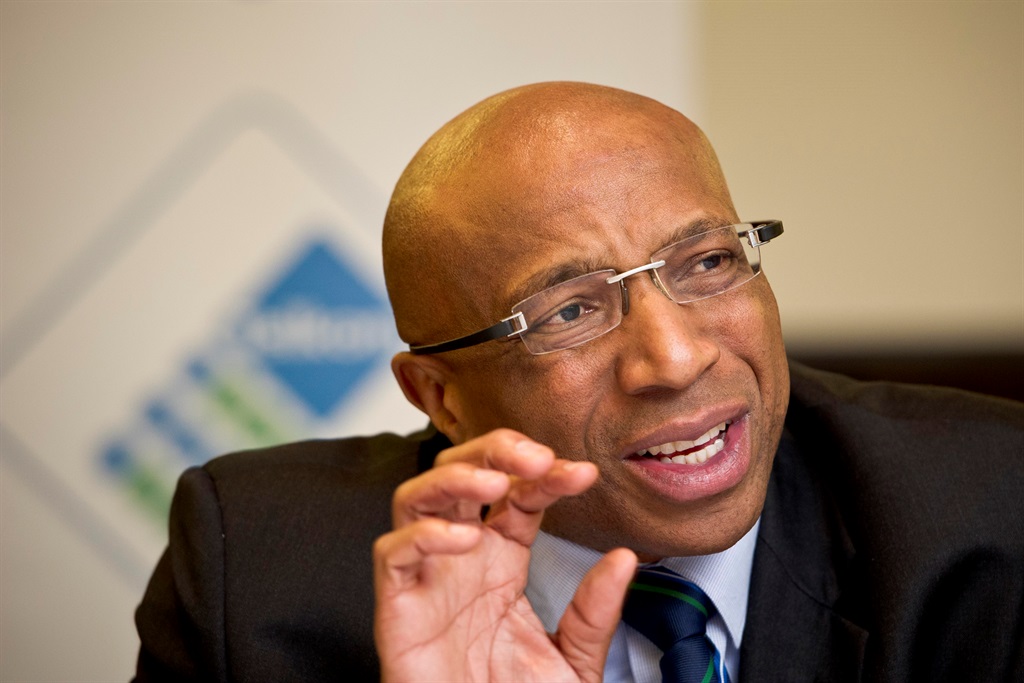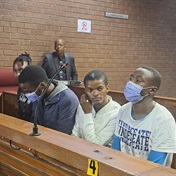
Telkom has embraced the fourth industrial revolution and is working with institutions of higher learning to find meaningful ways to incorporate it into the local economy.
Last week, the company launched South Africa 4 Industrial Revolution (SA4IR) at the University of the Witwatersrand (Wits).
The project aims to develop initiatives and a national document to guide the country on how to respond to this potentially transformative technology, which is underpinned by the digital revolution.
Speaking on the sidelines of the launch, Telkom chief executive officer Sipho Maseko said South Africans should be equal participants in the technology value chain, rather than merely consumers of it.
Maseko said the plan would be developed through a joint venture which would include input from academics, experts, labour, business, government, civil society organisations and student organisations.
To this end, Telkom has partnered with Wits, the University of Johannesburg (UJ) and the University of Fort Hare (UFH).
The three universities will provide expertise in the field of research and training to enable scholars and working groups to formulate strategies for how the country should respond to the fourth industrial revolution.
An additional 23 universities are also expected to participate in future discussions.
“We want to be equal participants in the technology value chain, so that we are not only consumers of it, but also producers and developers. And we want to find solutions that go with it,” Maseko said.
He said government had been kept in the loop about the SA4IR project.
Maseko said working groups would also explore ways to develop the technology required to make inroads in the health, education and agricultural sectors.
Questions to be probed include what each sector is going to do in terms of determining the skills required to reformulate and improve how we live and work, enhancing productivity in the process.
This relates to the impact of transformative technologies on existing job profiles, which brings up the need to explore what the future of work will entail and the reality of as-yet-unknown jobs being created.
“That is why we asked academic institutions to help us – because it is an enormous project that requires proper coordination and the ability to bring stakeholders together in a way that is consensus driven,” said Maseko.
He said the national plan, which is expected to be finalised and released next year, would be a manifesto that all sectors in the country would have to follow.
“We are trying to make sure that SA4IR is not just going to involve business, labour and government but also civic society representatives, and older and younger people. It must be a multiclass, multisectoral project – a real national joint effort.
“We want to recruit people who will be prepared to seek and find solutions, and work alongside others so that we can engage in this new world optimally.”
Maseko said Telkom had spent lots of time trying to understand the impact of the digital economy on the company as well as on the country.
“This needs a national response, not just a government or business response. Every South African has to be part of this effort. Ours was to simply enable it. Wits, UJ and UFH have kindly agreed to be the conveners of this project, and they are independent enough to work on it and see it through.
“They can support the working groups with the right level of research to narrow the digital divide, ensuring that our findings are based on facts. We all need to participate in creating this new world order, given that we all stand to benefit,” he said.
Maseko said Telkom had contributed the initial funding to get the project off the ground, but he declined to reveal exact figures.
However, he added, fundraising initiatives would be promoted and any contributions would be welcomed.
“Remember, what we are trying to build out of this is the notion of collective solidarity in the country. New technology, from artificial intelligence to augmented reality and cryptocurrenies, are a huge challenge and they cannot be ignored. We have to interact with this technology,” Maseko said.
Institutions of higher learning have welcomed Telkom’s initiative.
Professor Adam Habib, Wits’ principal and vice-chancellor, highlighted the need for scholars from all of the country’s universities to be involved.
Professor Babu Sena Paul, the director of UJ’s institute for intelligent systems, agreed, adding that locals needed to be drivers of the digital economy.
John Hendricks, UFH’s interim deputy academic vice-chancellor, said Africans had been at the receiving end of past revolutions and it was time to be proactive. “Are we always going to be followers?” he asked.
 |
| ||||||||||||
| |||||||||||||




 Publications
Publications
 Partners
Partners








